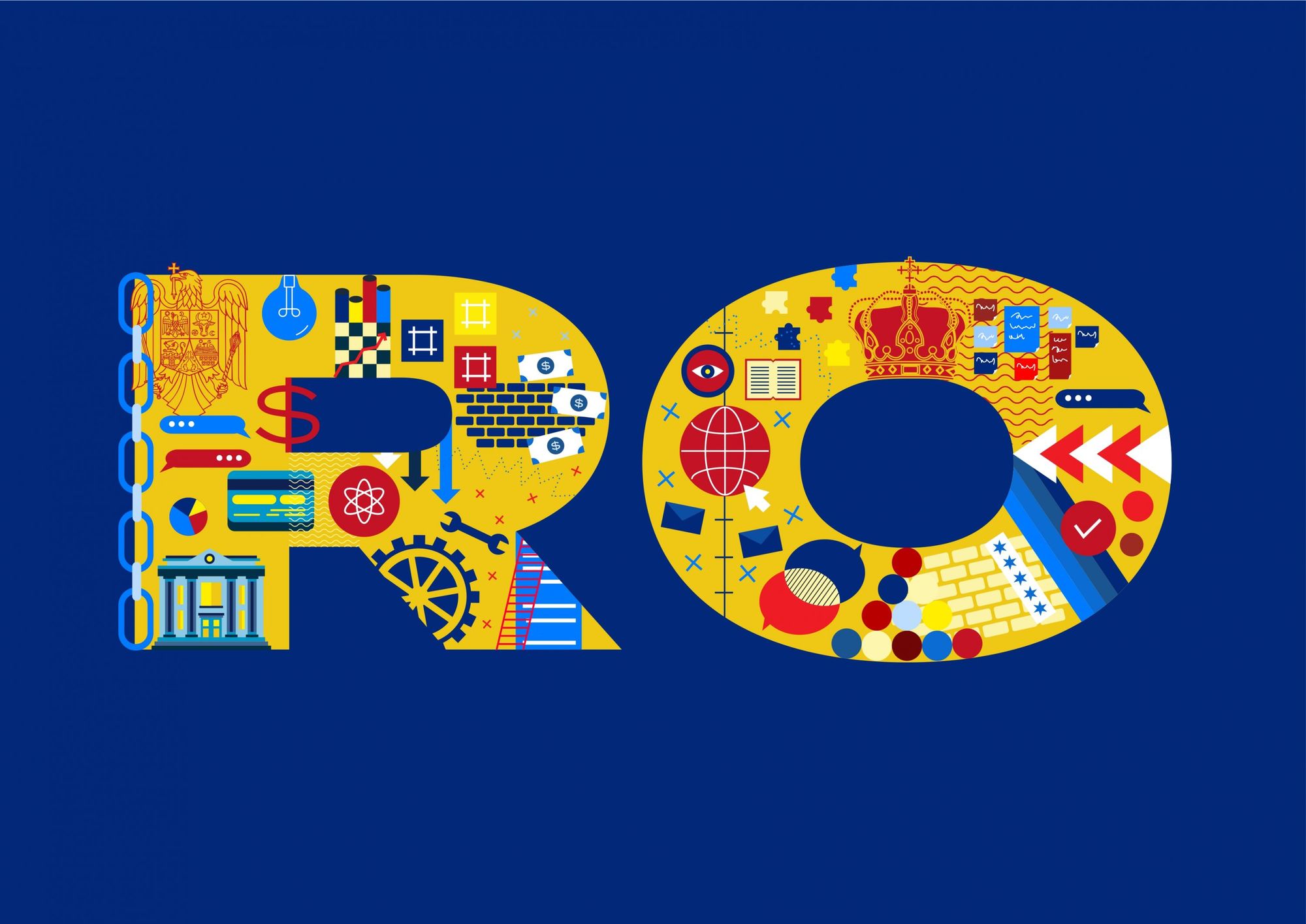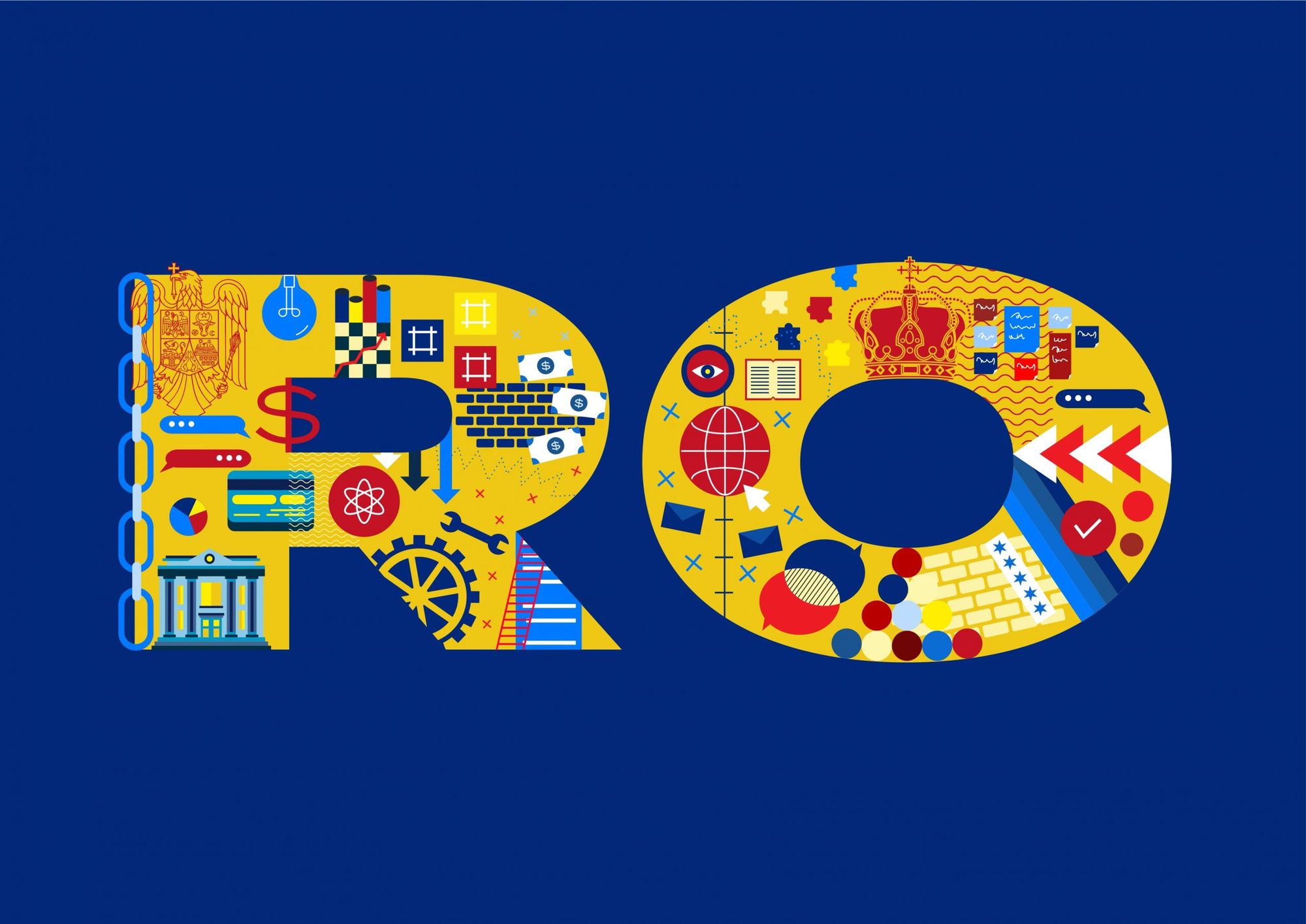Romania has one of the fastest internet speeds globally thanks to cheap but unsafe and unsightly solutions. The country lags far behind the EU average in innovation and digitalization, ranking last in most lists. And regarding sustainability, Romania’s performance is not any better. There is little funding, inadequate human resources, and a lack of willingness to innovate—analysis from Hype&Hyper – Part IV.
According to the European Parliament’s annually published index numbers, Romania is the least developed country in the EU in terms of digitalization. Romania’s awful performance is particularly surprising since the country is the birthplace of UiPath, a software company known worldwide in the corporate environment. What is more, UiPath was the most funded artificial intelligence (AI) startup in the US between 2016 and 2021, raising nearly two billion dollars. But more on that later.
In all but one area, Romania is one of the least developed European countries
Not many people know, but Romania can compete even with the United States in one area. Many factors hold Romania back from being a European pioneer in digitalization, but one thing is certainly not: connectivity. While Romania lags far behind the EU average in almost all factors, it performs exceptionally well in network coverage and internet speed. In 2021 the country was ranked seventh in the EU, ahead of many Western countries. Surprisingly, the internet in Romania is much faster than in most countries, although only for fixed broadband speed. Their mobile network system is much worse. According to the World Population Review, Romania’s internet is the fourth fastest in the world, just behind Monaco, Singapore, and Hong Kong. According to Speedtest.net, they are only the tenth, but still, it is sure that they are in the global top ten.

What is Romania’s secret to success?
The answer is not very surprising, but it points to a unique phenomenon. Competition in the telecommunication market is fierce, but a study by the International Telecommunications Union (ITU) reveals some special factors in Romania’s telecommunication history leading to incredibly fast internet speeds. Smart entrepreneurs reacted immediately as the demand for high-speed internet grew in Romania. They began to launch small, localized networks serving customers only in a few blocks of flats.
Between 2000 and 2005, so many informal networks were set up in different cities that the big, commercial internet service providers (ISP), which had previously dominated the market, became a minority. In the beginning, these networks had only local purposes: to make it easier for neighbors to share downloaded music or play games together. Of course, these initial networks were also fueled by a rampant flow of pirate content. The local network operators’ revenue skyrocketed as more and more people joined their systems. So, they decided to provide low-cost, high-speed internet through their local, existing networks by installing overhead internet cables.
Not needing to lay cables underground made it much cheaper to build the infrastructure, but the downside was increased vulnerability to weather, rodents, such as squirrels and rats, and other potentially harmful effects. The wires were not changed to underground cables. Although they were initially illegally installed, later, the regulations were altered to allow overhead wires.
It is on the agenda to force the service operators to put their networks underground, but only Timisoara has succeeded so far. In 2019, Nicolae Robu, the then mayor of Timisoara, together with a team of municipality employees, cut some of the TV and internet cables in the city center himself. „This step was taken after telecommunication operators ignored the city hall’s request to put the cables underground,” he told News.ro. However, it is interesting to note that according to Stirileprotv.ro, this decision was taken by the city already in 2009, meaning that for ten years, to put it mildly, neither the operators nor the city hall took the rules seriously. A representative of UPC estimated that the surprising turnaround affected 800-1000 business customers.
Lack of innovation and sustainability
The majority of Romanian firms, 56%, show no willingness to innovate. Regarding the number of patents, they underperform most countries, and sustainability is not Romanians’ strong point either. The problem is complex, with many root causes, but, in a nutshell, neither firms invest in innovation nor the government invests in firms. Only venture capital investment offers some hope that Romania can get out of this situation once and become a buzzing, innovative country with a competitive entrepreneurial ecosystem.
More than a quarter of IT professionals are women
Romania is well below the EU average in terms of human capital. Only one-third of 16-74-year-old Romanians have at least basic digital skills, and this means indeed very basic knowledge like using social media, sending emails, or editing texts digitally. For businesses to grow and for employees to be prepared for technological change, it is essential that companies provide some IT training. Romania is the worst performer in the EU in this area, with only 6% of companies providing this type of training for their employees. By comparison, in Czechia, the figure is almost 25%. Although the proportion of IT specialists has slightly increased, it is still just half of the EU average. But Romania performs well in gender ratio in IT, as a quarter of IT professionals are female. Moreover, the country ranks first among EU countries for the share of IT graduates, with a rate of 6.3%. These are figures to be proud of; nonetheless, the country is generally facing a shortage of IT professionals, which over time could limit its ability to innovate and make progress.
Innovation from Romania?
The Central and Eastern European region has given many well-capitalized tech firms to the world, which are known and used around the globe, such as the Czech Avast, the Slovak ESET, and the Ukrainian Grammarly. Romania was the cradle of UiPath, the uncrowned king of robotic process automation (RPA) that has globally revolutionized office workflows. UiPath is now listed on the New York Stock Exchange, and its founder is the wealthiest person in Romania. On the other hand, some showed hostility toward the startup as it can replace the work of many white-collar workers. In response to the criticism, Vargha Moayed, chief strategy officer (CSO) of UiPath, referred to a 2017 MIT study that found that half of all job growth in the US between 1980 and 2007 came from the creation and expansion of brand-new job categories. „So, RPA and AI, because of the words “robot” and “intelligence,” may have captured the imagination of people more than previous new technologies and, as a result, stoked more apprehension. However, like previous new technologies, RPA and AI will create new job opportunities.” – said the CSO of UiPath.

The Mecca for the renaissance of gin in Budapest

Exceptional tastes with fabulous surroundings—the best street food places in Eastern Europe | TOP 5










